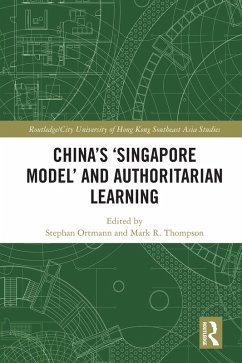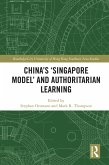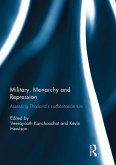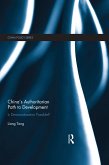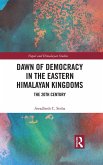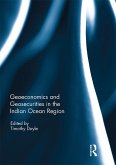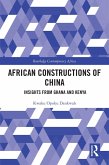The stellar line-up of international contributors, from China, Singapore, Europe, and the US, offer a variety of perspectives on Singapore as a model of "authoritarian modernism" for China. The book discusses how the small Southeast Asian city-state became a major reference point for China, how mainland observers often misunderstood the nature of Singapore's governance and instrumentalized it to bolster the CCP's legitimacy, and why the Singapore model appears to be in decline under Xi Jinping. The chapters also analyze policy-specific learning processes, including bilateral mechanisms of policy exchange, the Chinese "mayor's class" in Singapore, and joint industrial projects and lessons in social welfare provision.
The book will be of interest to academics working on Chinese politics; development in China; state society and economy in the Asia-Pacific; international relations in the Asia-Pacific; and Southeast Asian politics.
Dieser Download kann aus rechtlichen Gründen nur mit Rechnungsadresse in A, B, BG, CY, CZ, D, DK, EW, E, FIN, F, GR, HR, H, IRL, I, LT, L, LR, M, NL, PL, P, R, S, SLO, SK ausgeliefert werden.

